1. Introduction
Overview of Charge Controllers
Charge controllers are essential components in solar power systems, ensuring that batteries are charged efficiently and safely. They regulate the voltage and current coming from solar panels to the batteries, preventing overcharging and prolonging battery life. The primary function of a charge controller is to manage the power flow from the solar array to the battery bank, ensuring that the batteries are charged to their optimal capacity without being damaged.

Importance of Voltage Settings
Voltage settings in charge controllers are crucial because they determine how effectively a battery is charged. Proper voltage settings ensure that the battery reaches its full charge without being overcharged, which can lead to reduced battery life or even damage. Different types of batteries require different charging voltages, making it essential to understand the specific needs of the battery type in use.
2. Charge Controller Basics
Definition and Function
A charge controller, also known as a solar regulator, is a device that regulates the voltage and current from solar panels to a battery. Its primary function is to prevent overcharging and over-discharging of the battery, thereby extending its lifespan. Charge controllers also protect against reverse current flow, which can discharge the battery at night.
Types of Charge Controllers
There are two main types of charge controllers: Pulse Width Modulation (PWM) and Maximum Power Point Tracking (MPPT).
-
PWM Charge Controllers: These are simpler and more affordable. They work by reducing the voltage from the solar panels to match the battery voltage, which can lead to some energy loss.
-
MPPT Charge Controllers: These are more advanced and efficient. They adjust the input voltage to find the maximum power point of the solar array, converting excess voltage into additional current, which results in more efficient charging.
3. Voltage Settings in Charge Controllers
Bulk, Absorption, and Float Stages
Charge controllers typically operate in three stages: Bulk, Absorption, and Float.
-
Bulk Stage: This is the first stage where the controller delivers maximum current to the battery until it reaches a set voltage, typically around 14.6V for lithium batteries. This stage is crucial for quickly charging the battery to about 80-90% of its capacity.
-
Absorption Stage: In this stage, the voltage is held constant while the current gradually decreases as the battery approaches full charge. This ensures that the battery is fully charged without being overcharged.
-
Float Stage: Once the battery is fully charged, the controller reduces the voltage to a lower level, typically around 13.6V, to maintain the battery's charge without overcharging it. This stage is essential for maintaining the battery at full charge and preventing self-discharge.
Typical Voltage Ranges for Different Battery Types
Different battery chemistries require different charging voltages. For instance:
-
Lead-Acid Batteries: Typically require a bulk charge voltage of 14.4V to 14.8V and a float voltage of 13.2V to 13.8V.
-
Lithium-Ion Batteries: Generally require a bulk charge voltage of 14.2V to 14.6V and a float voltage of around 13.6V.
-
Nickel-Based Batteries: Have different charging requirements and are less commonly used in solar applications.
4. 14.6V Bulk and 13.6V Float
Explanation of Bulk and Float Stages
The transition from a 14.6V bulk charge to a 13.6V float charge is a standard practice in charging lithium-ion batteries. During the bulk stage, the battery is charged quickly to a high state of charge, which is essential for efficient energy storage. Once the battery reaches the desired voltage, the controller shifts to the float stage, reducing the voltage to 13.6V to maintain the charge without overcharging.
Why These Specific Voltages Are Used
The choice of 14.6V for the bulk stage is based on the optimal charging voltage for lithium-ion batteries, which ensures that the battery is charged efficiently and quickly. The 13.6V float voltage is used to maintain the battery's charge without causing damage or reducing its lifespan. These voltages are carefully selected to balance the need for efficient charging with the need to protect the battery from overcharging.
5. Does A 14.6V Charge Controller Drop to 13.6V to Charge?
Yes, a 14.6V charge controller typically drops to 13.6V after charging lithium batteries. The 14.6V is used for bulk charging to reach full capacity, while 13.6V is the float voltage to maintain the charge without overcharging. This ensures battery longevity and efficiency.
6. Practical Implications
Impact on Battery Life and Performance
Using the correct voltage settings in a charge controller has a significant impact on battery life and performance. Properly charging a battery ensures that it reaches its full capacity without being damaged, which extends its lifespan and improves its performance. Overcharging or undercharging a battery can lead to reduced capacity, shorter lifespan, and potential safety hazards.
Considerations for Different Battery Chemistries
Different battery chemistries have different charging requirements, making it essential to select the appropriate charge controller settings for the specific battery type in use. For example, lithium-ion batteries require precise voltage settings to avoid damage, while lead-acid batteries are more forgiving but still require careful management to prevent sulfation and other issues.
7. Conclusion
Summary of Key Points
Charge controllers play a vital role in solar power systems by regulating the voltage and current from solar panels to batteries. Understanding the different stages of charging—bulk, absorption, and float—is essential for optimizing battery performance and lifespan. The transition from a 14.6V bulk charge to a 13.6V float charge is a common practice for lithium-ion batteries, ensuring efficient charging and maintenance without overcharging.
Recommendations for Users
For users of solar power systems, it is crucial to select a charge controller that is compatible with the specific battery type in use. Understanding the voltage requirements of the battery and configuring the charge controller accordingly will ensure optimal performance and longevity of the battery. Regular monitoring and maintenance of the system are also recommended to prevent issues and ensure efficient operation.











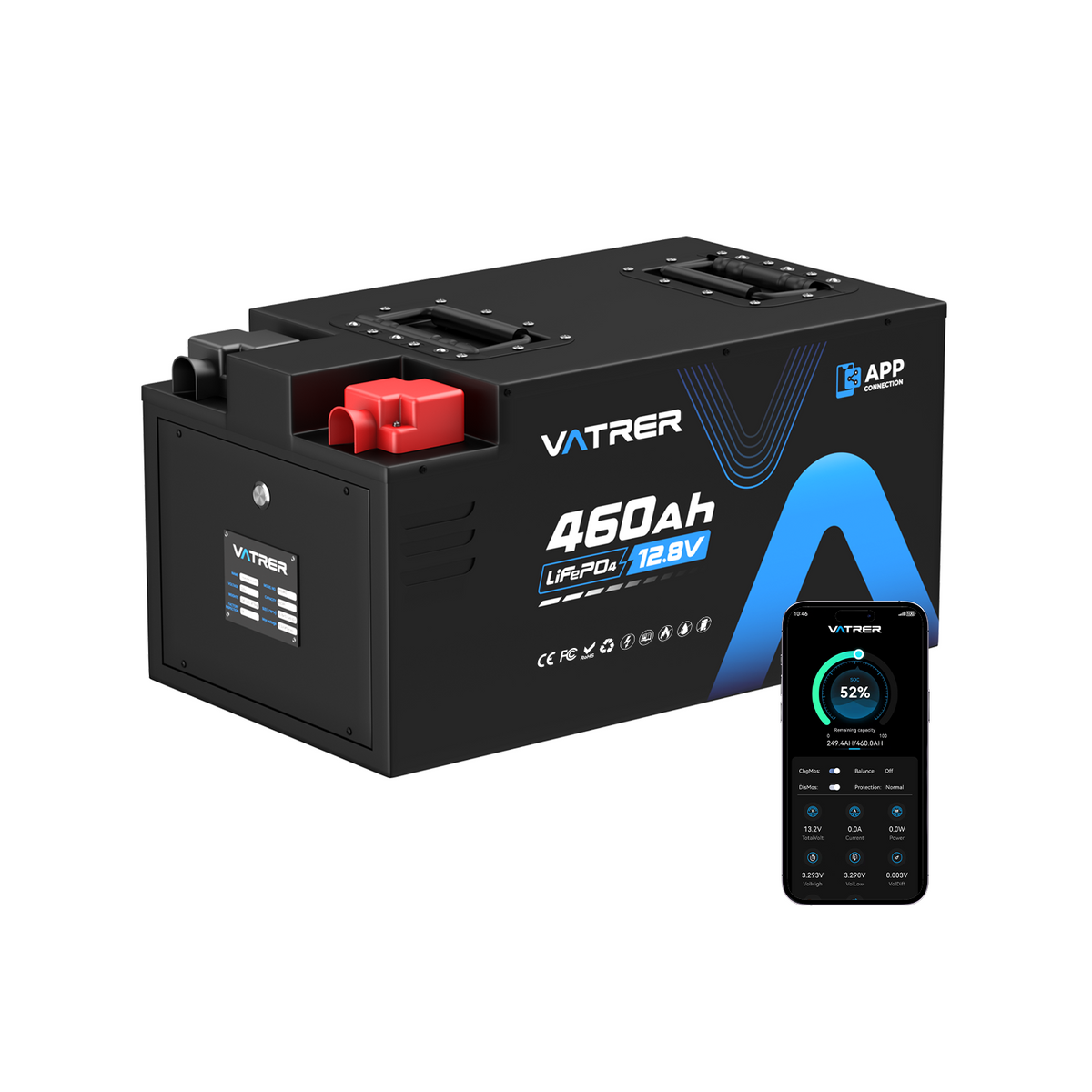
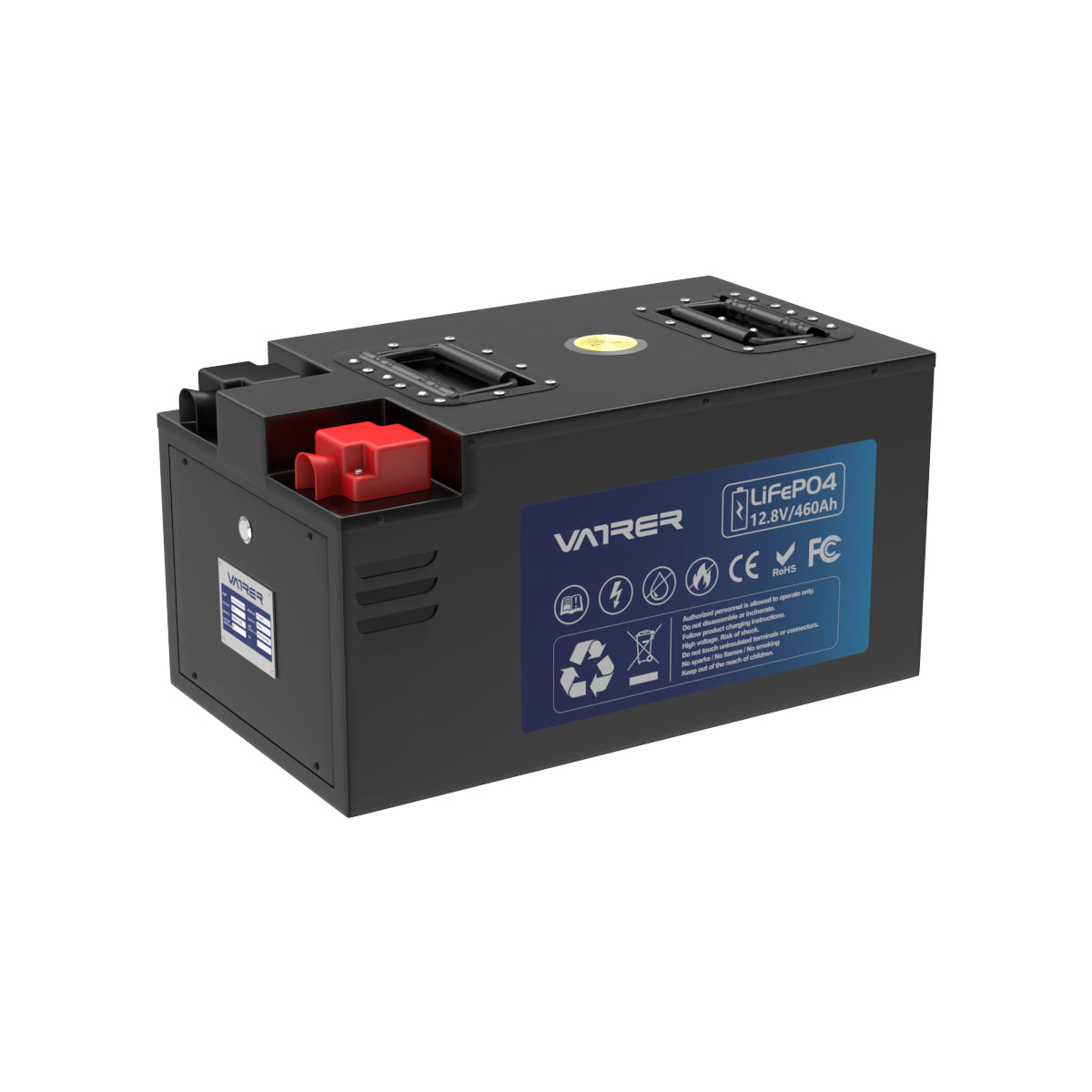

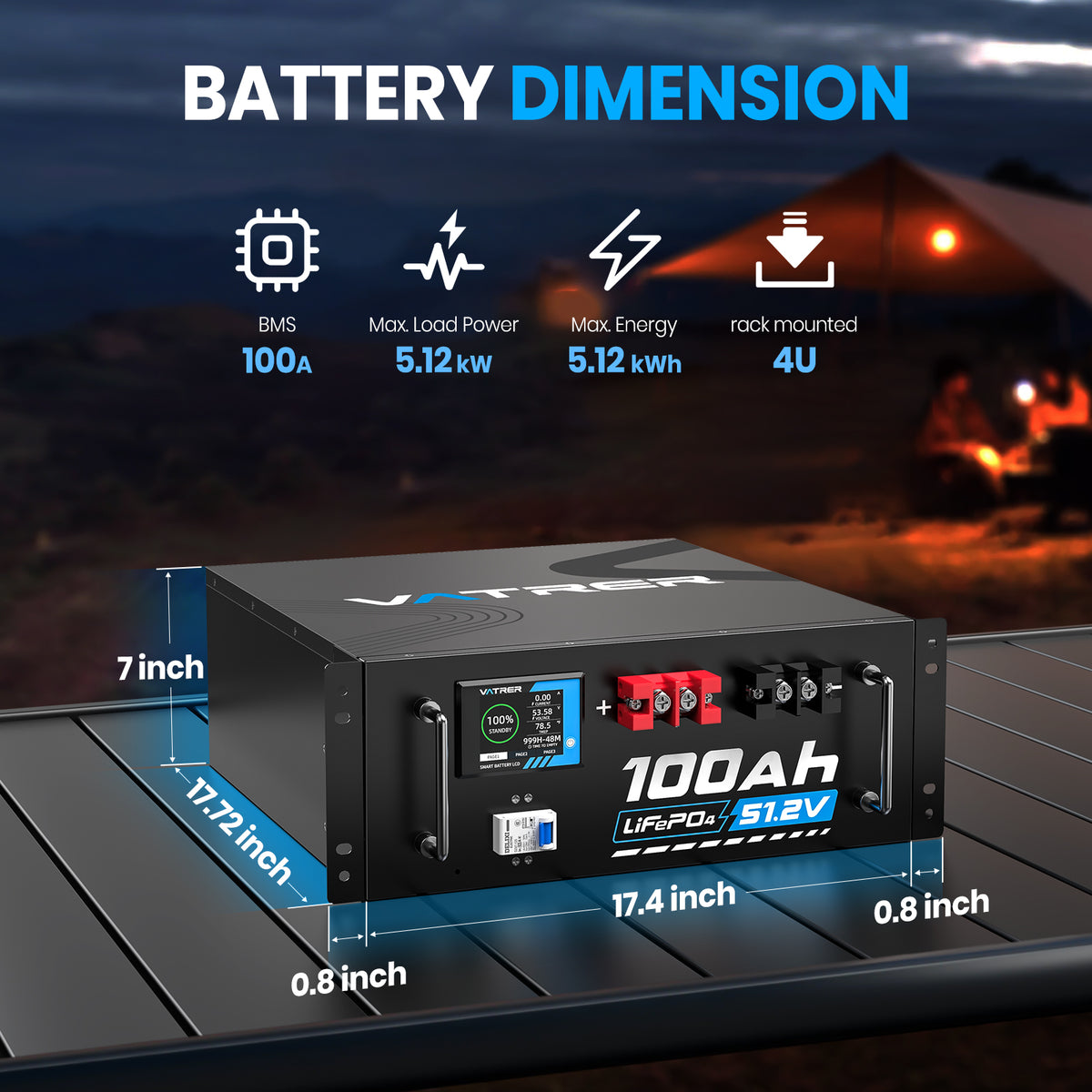
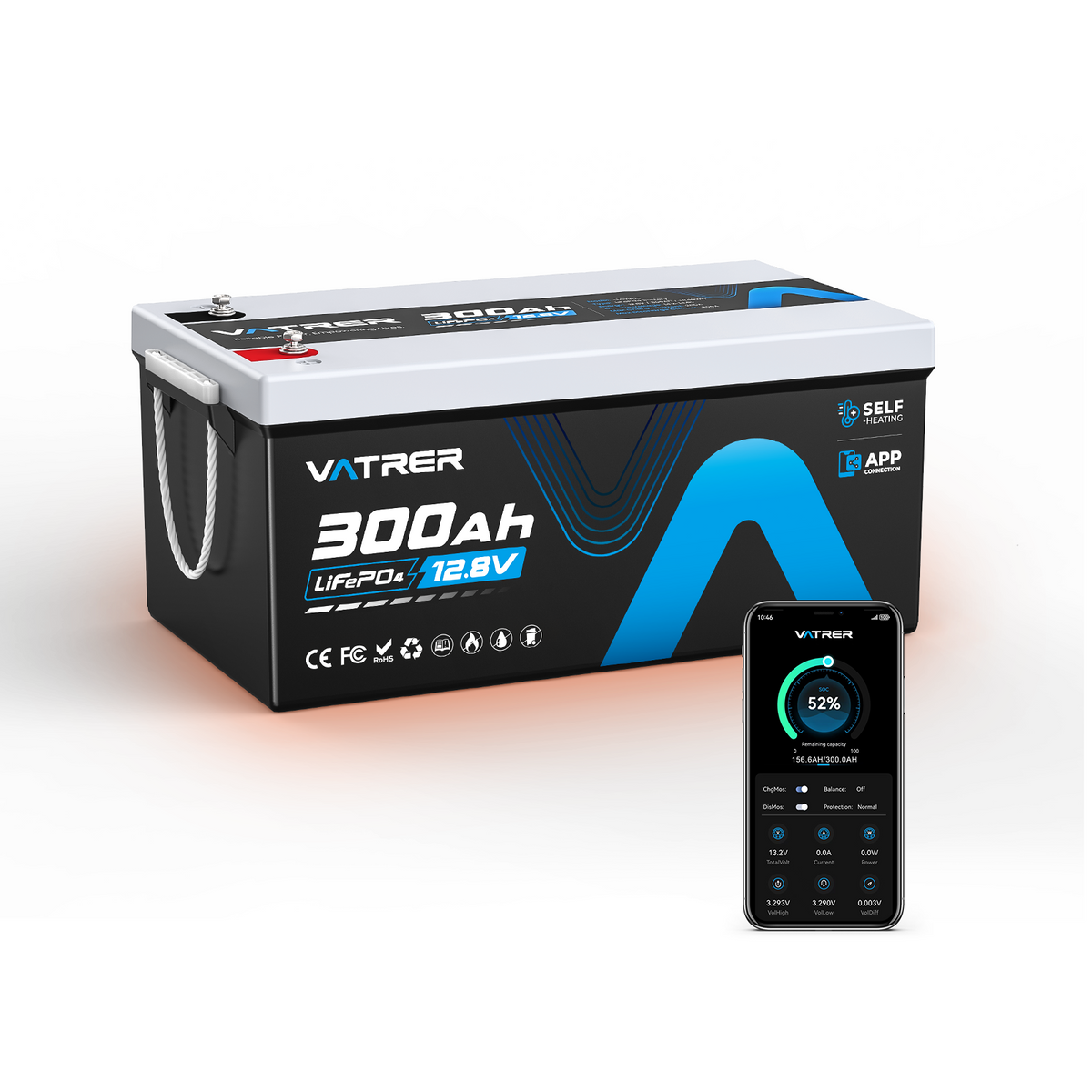

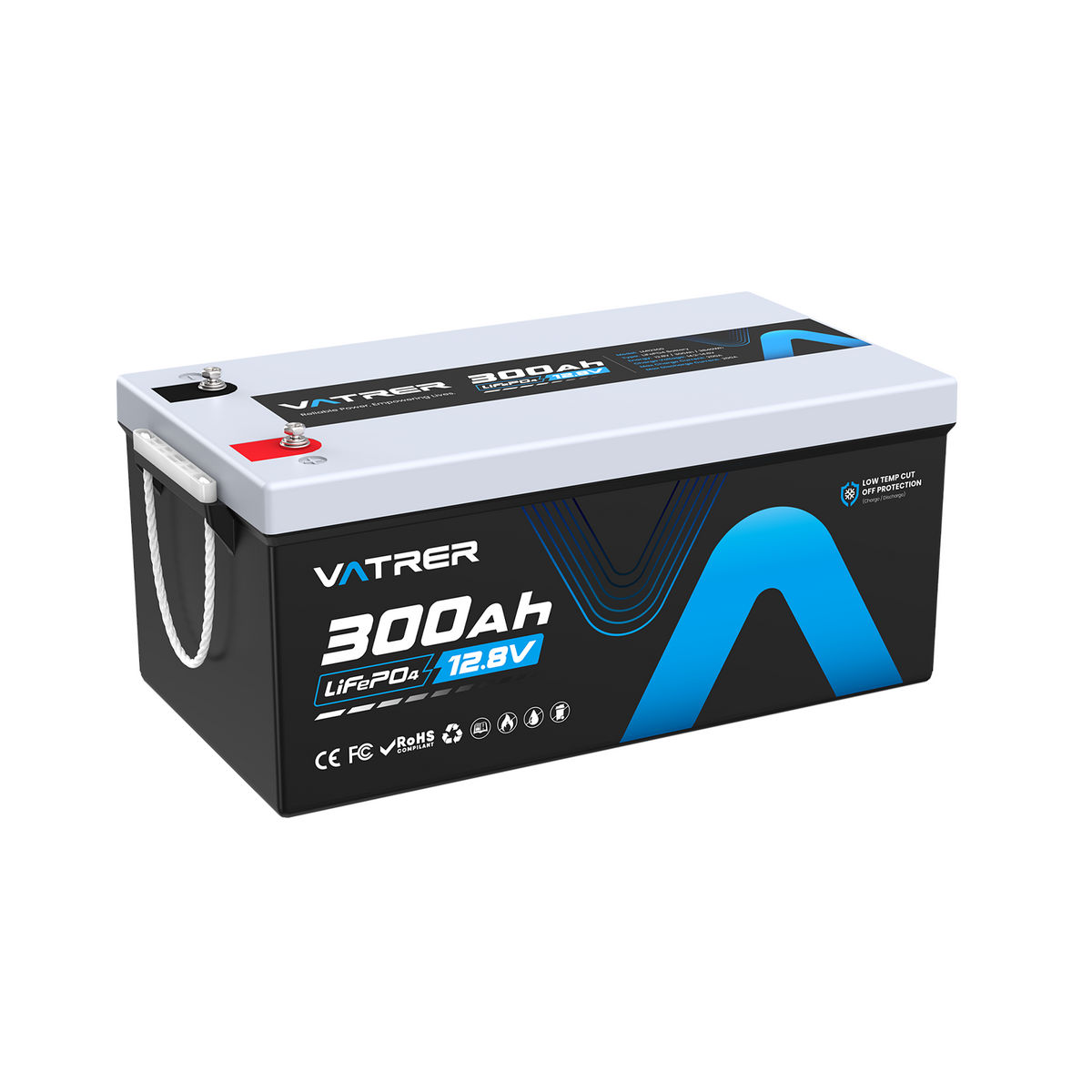




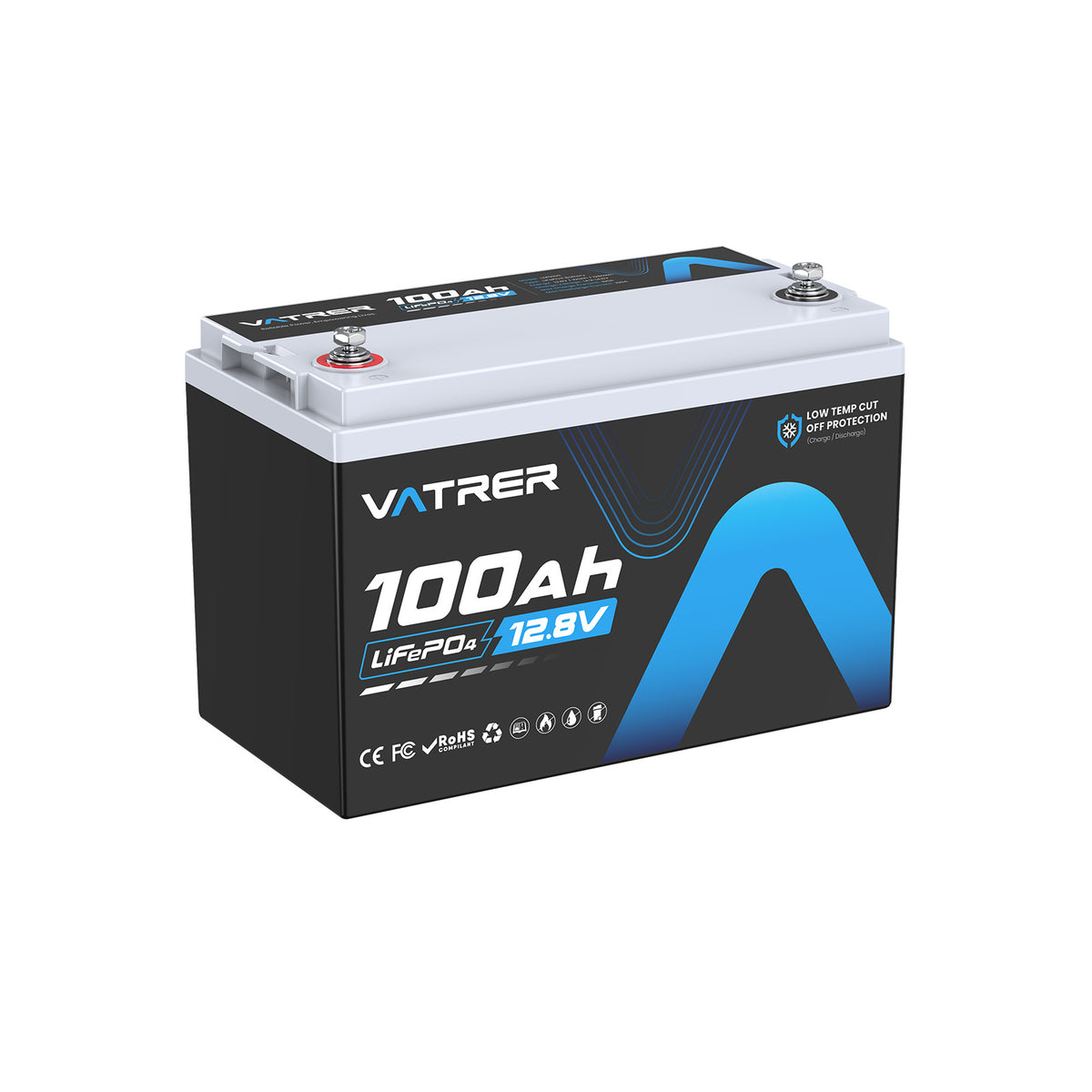


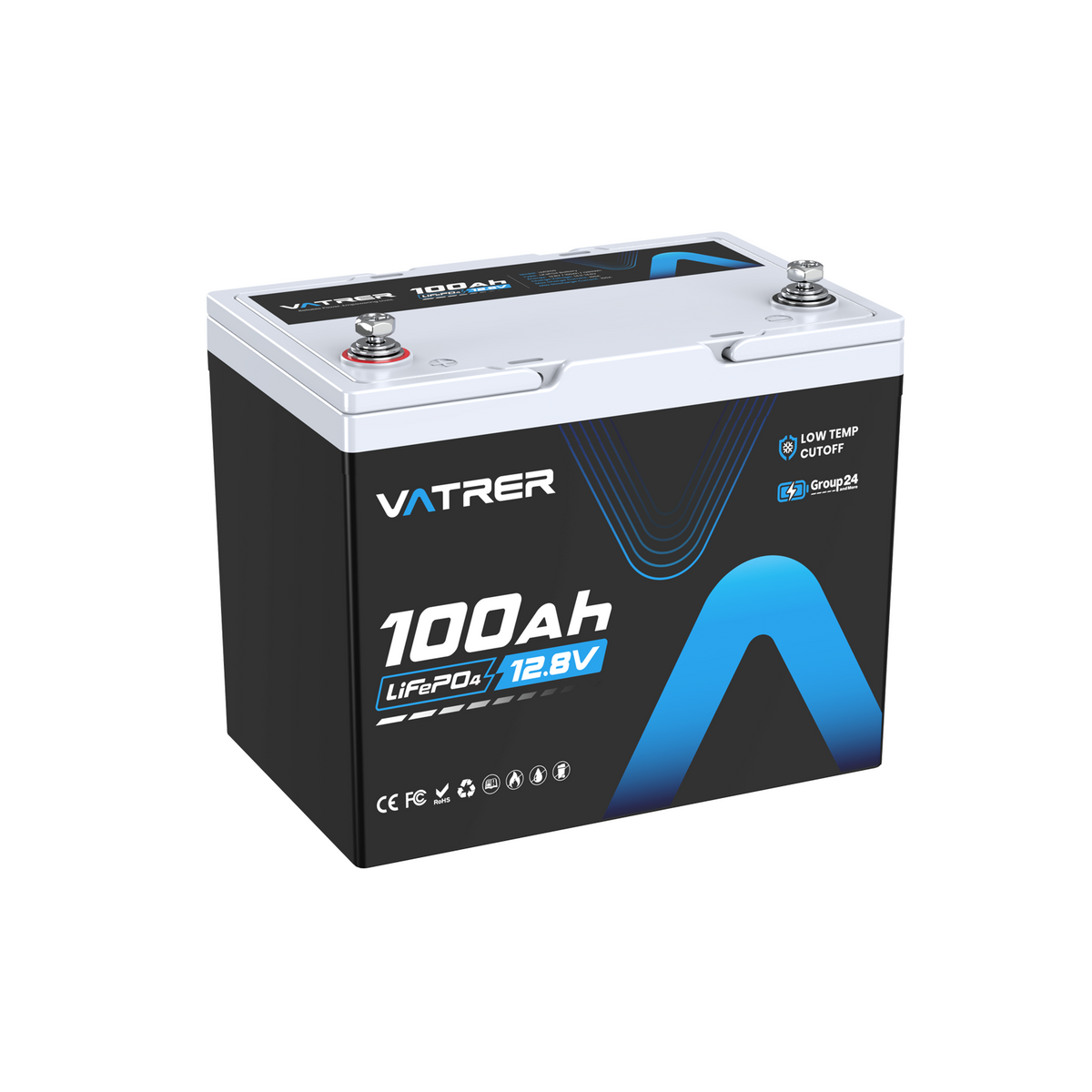
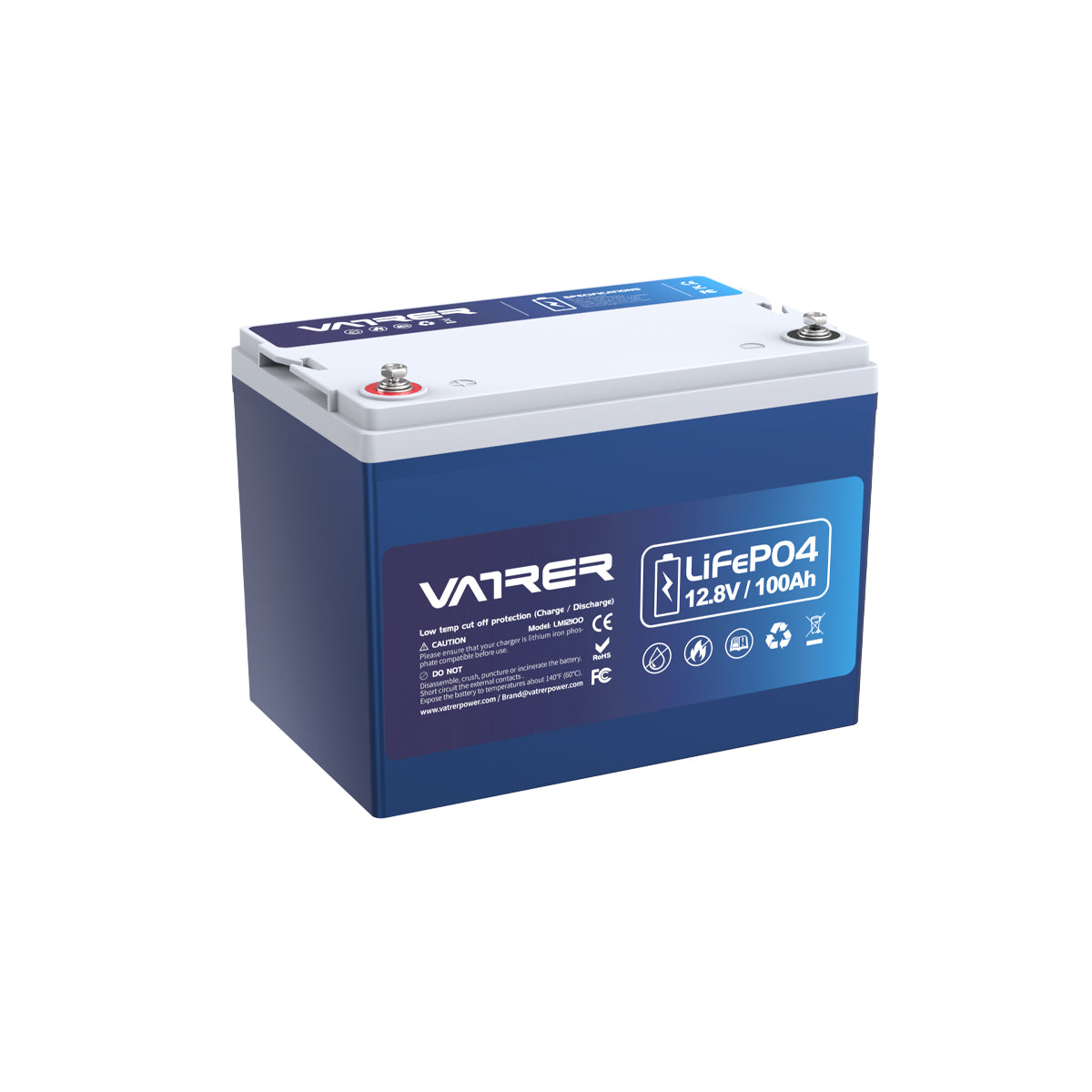
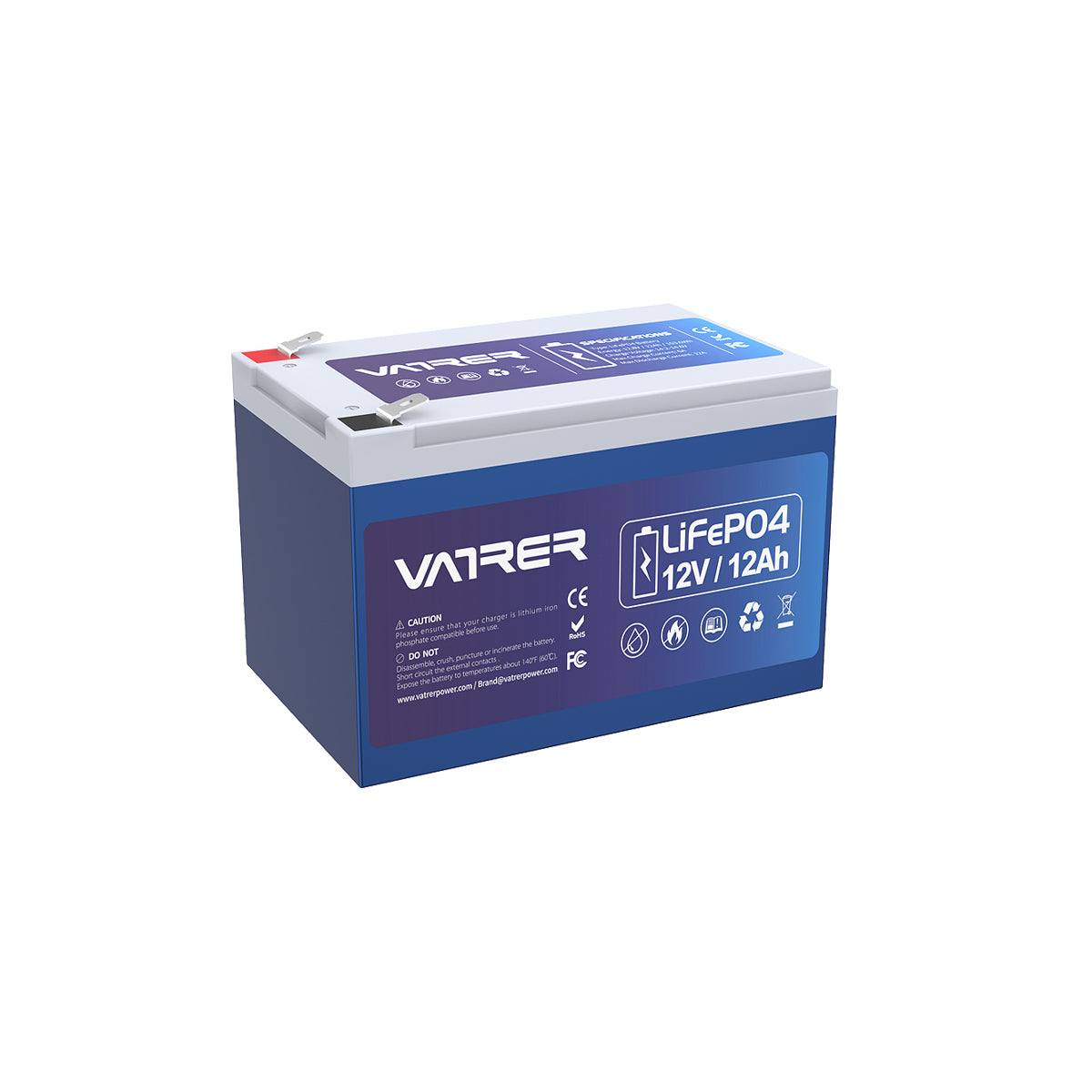
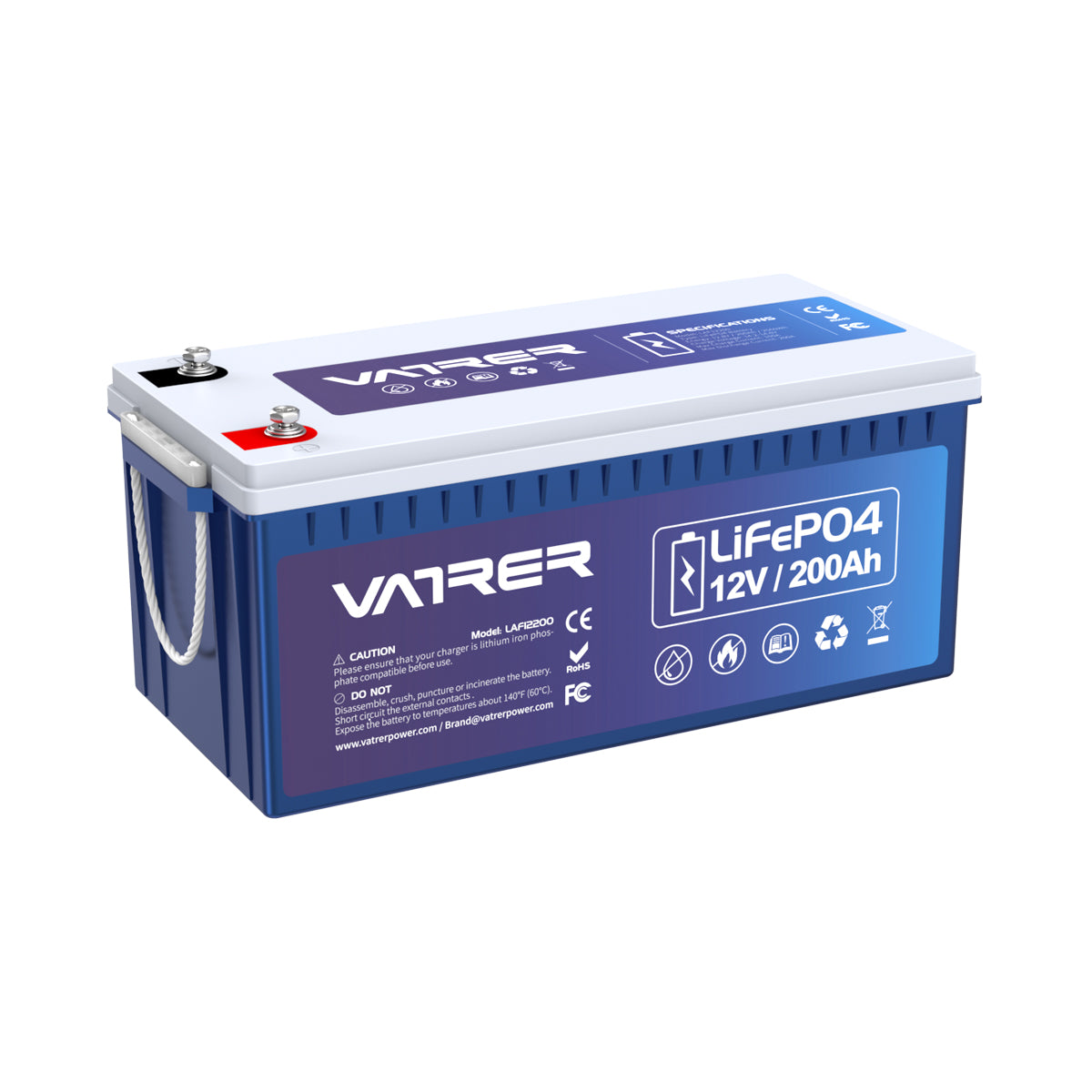
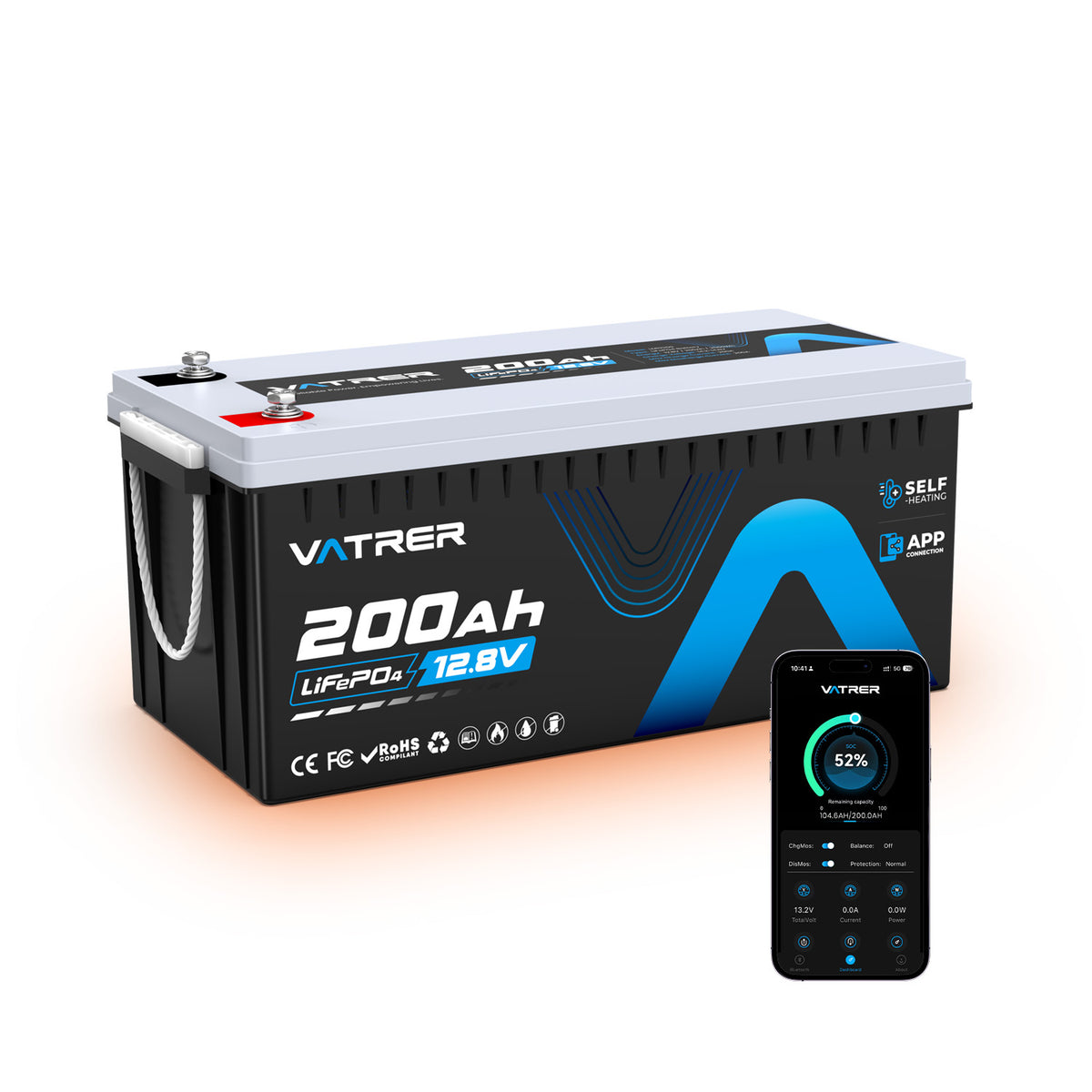
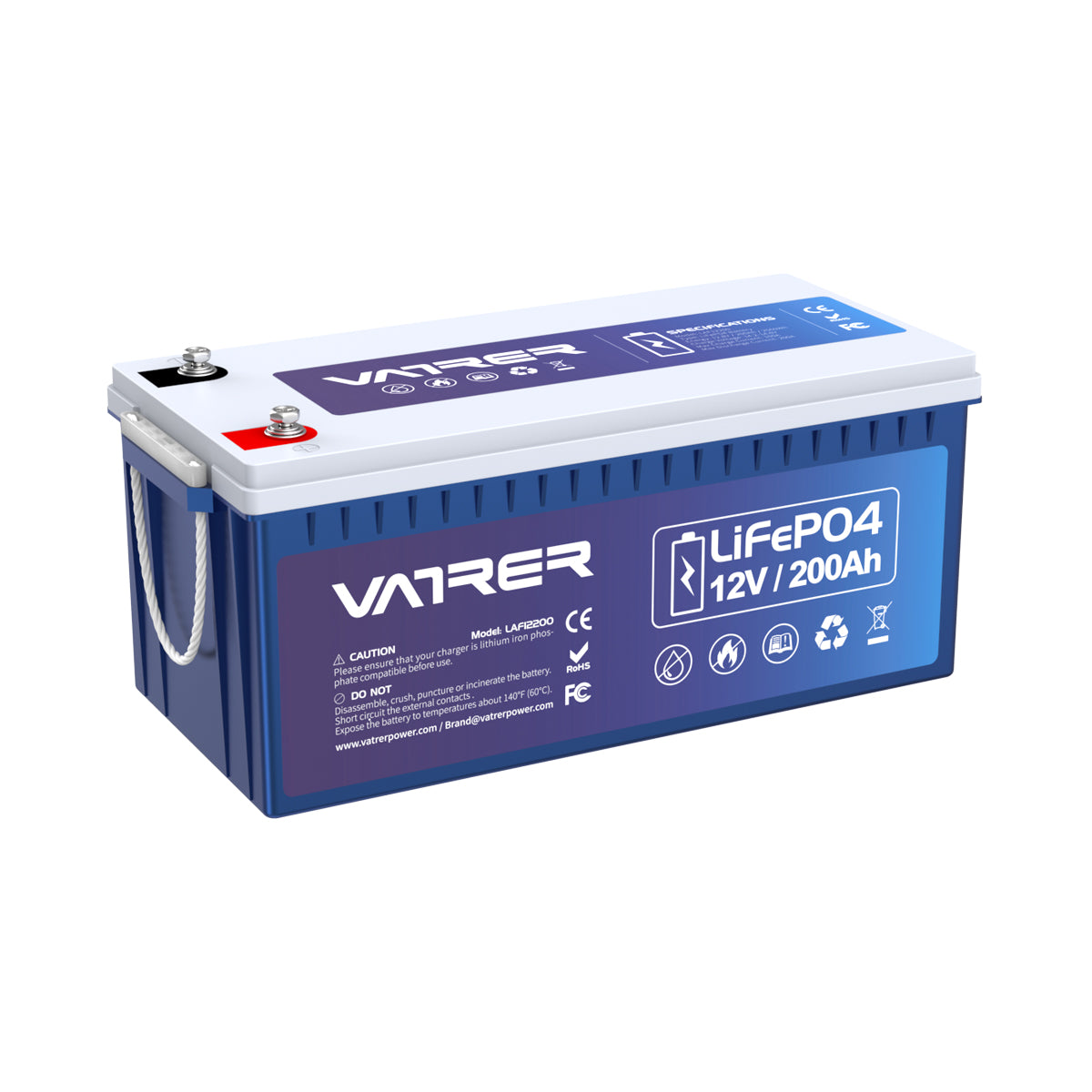
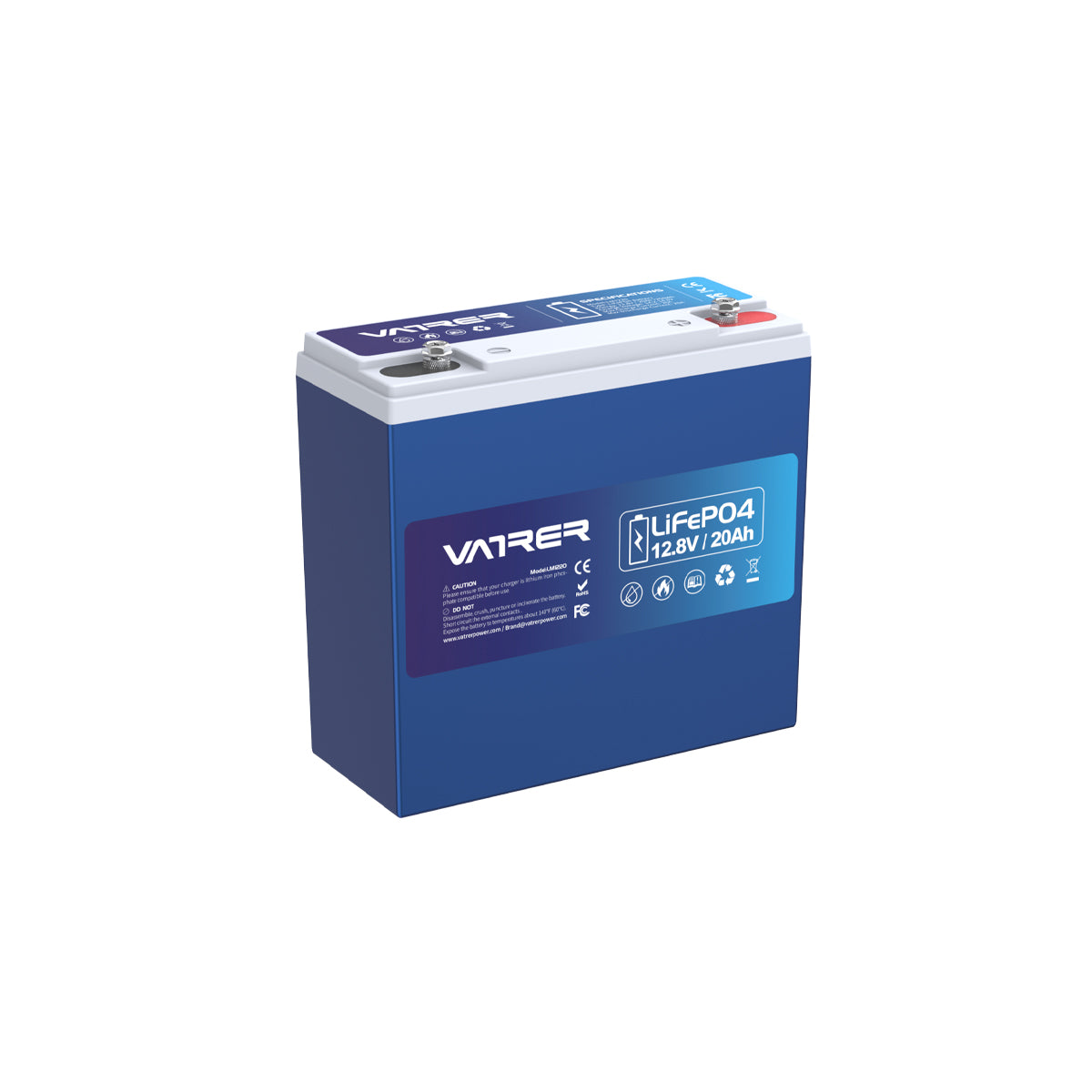
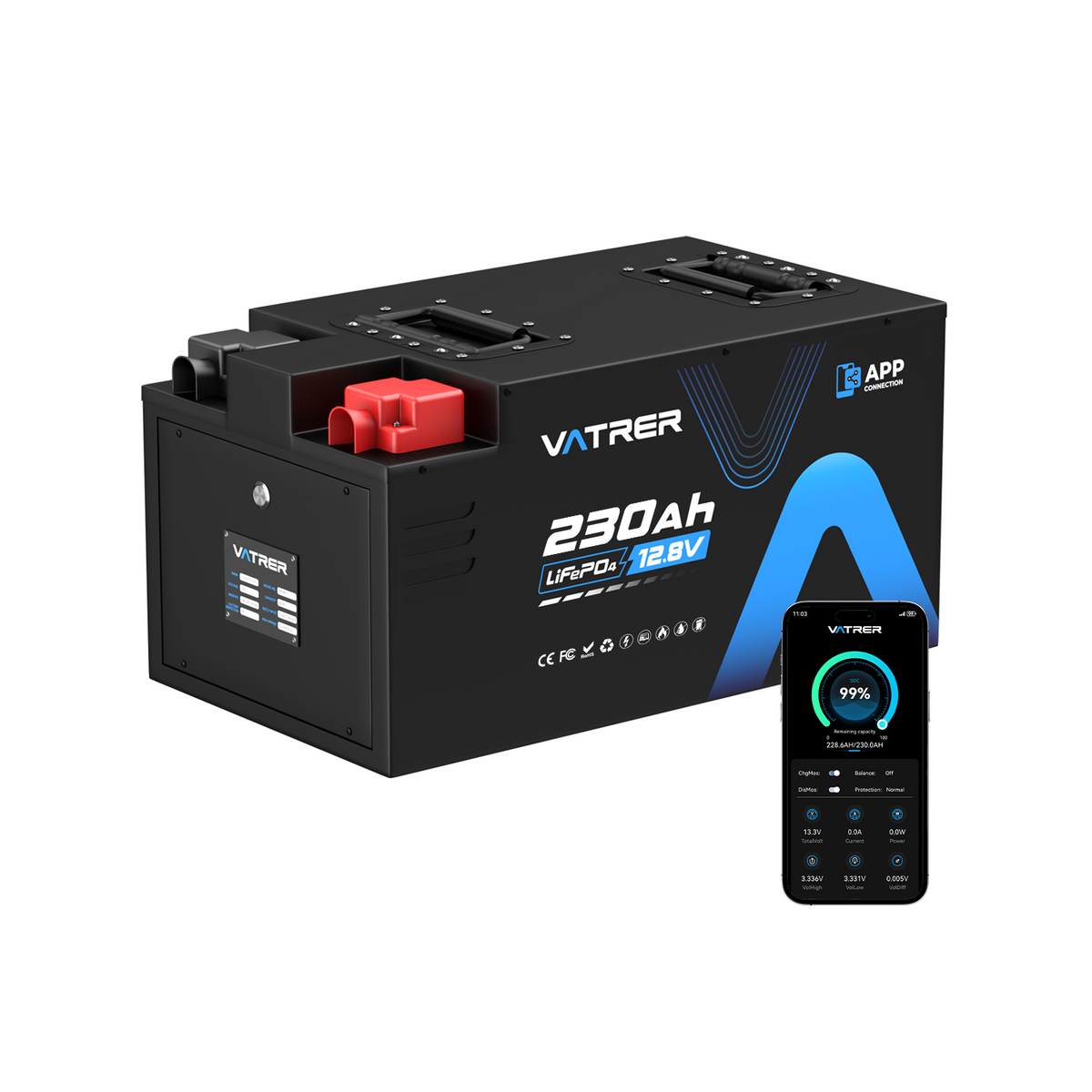

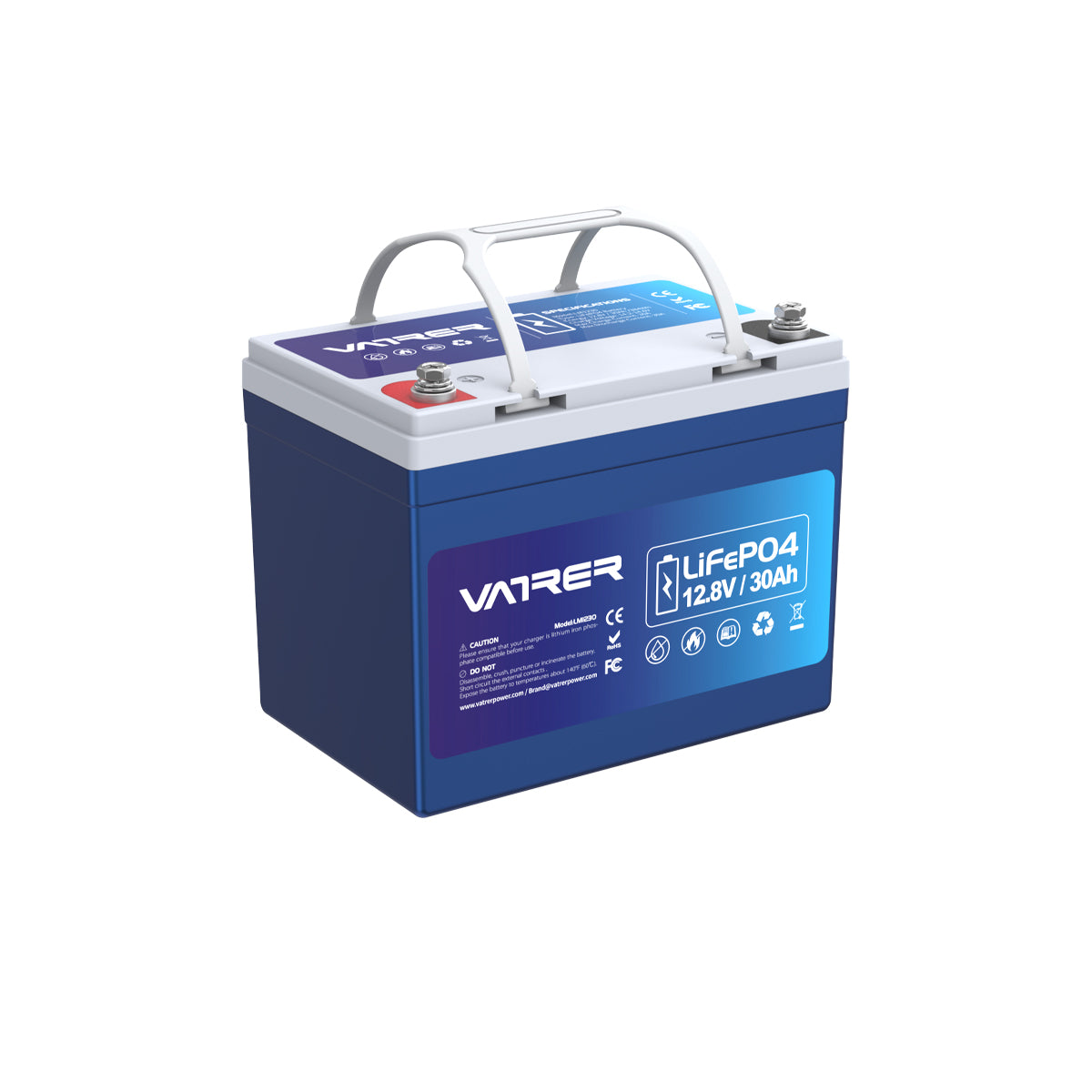
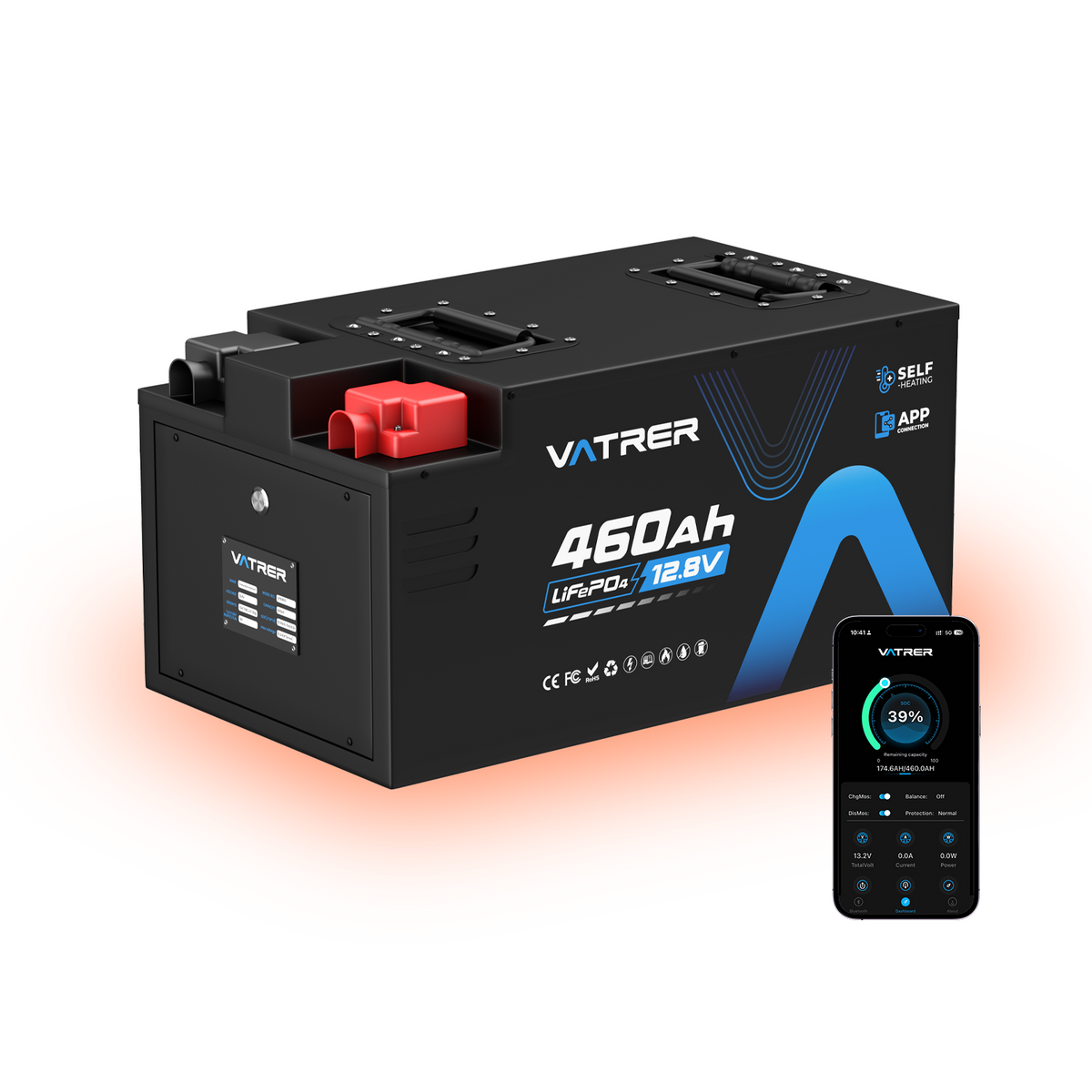
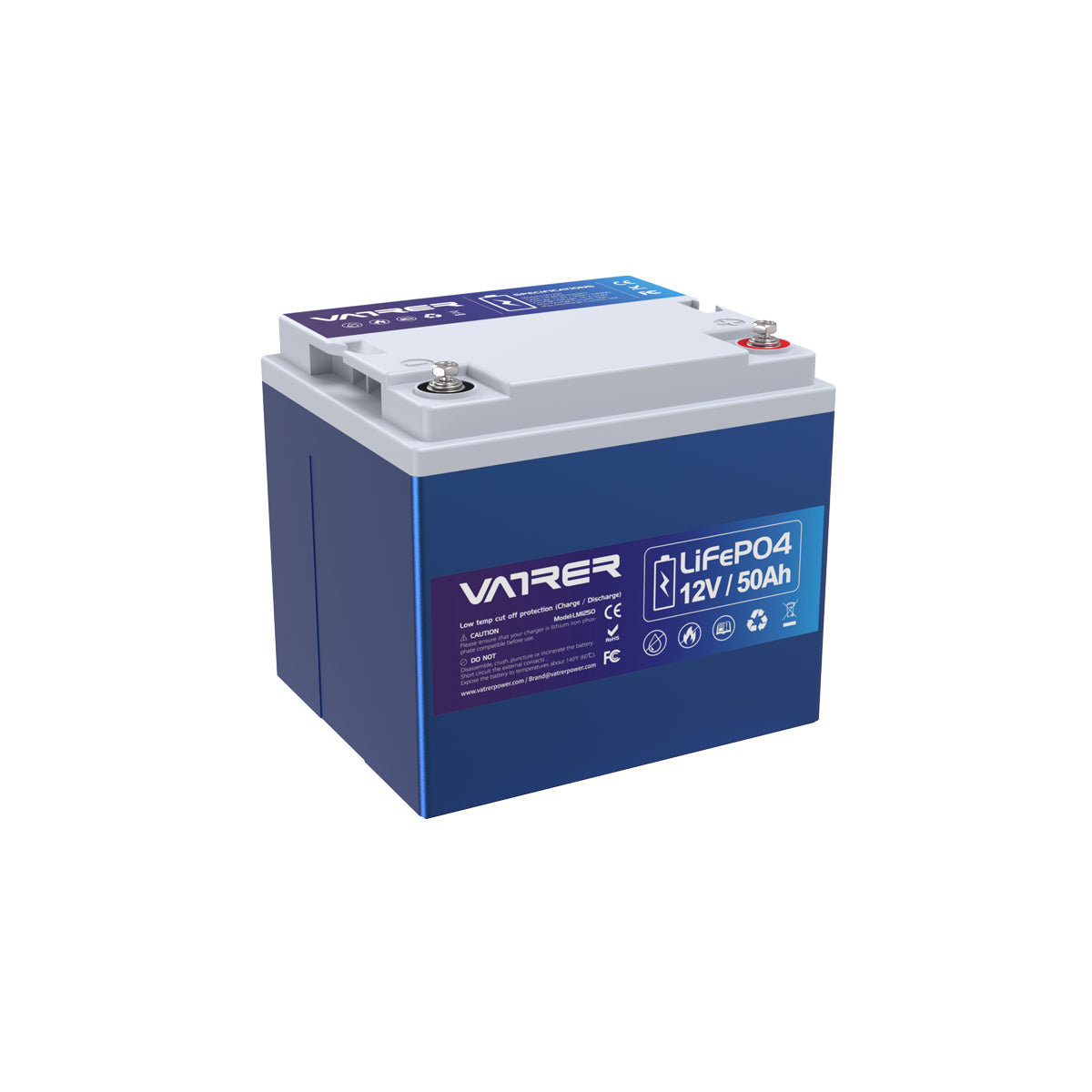
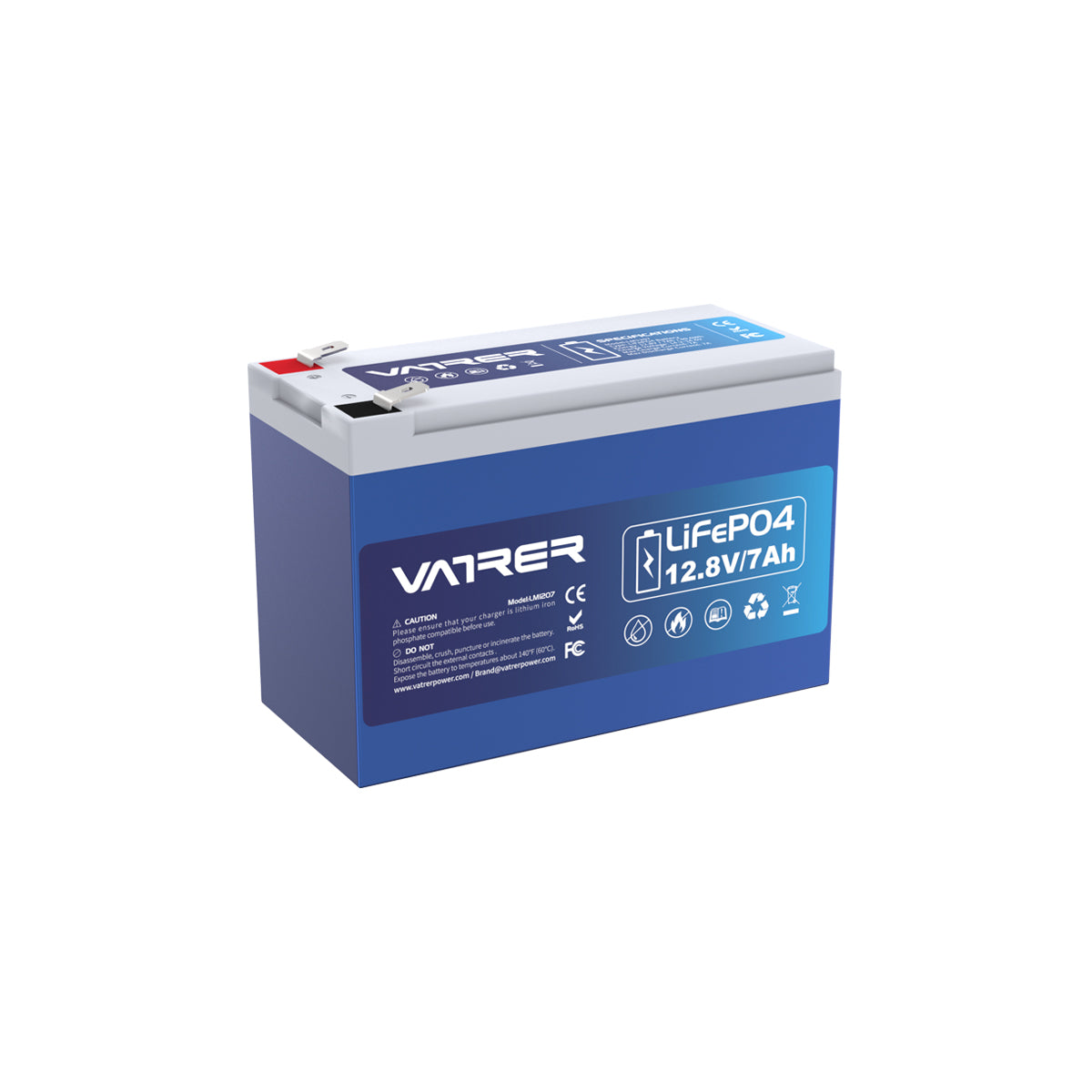
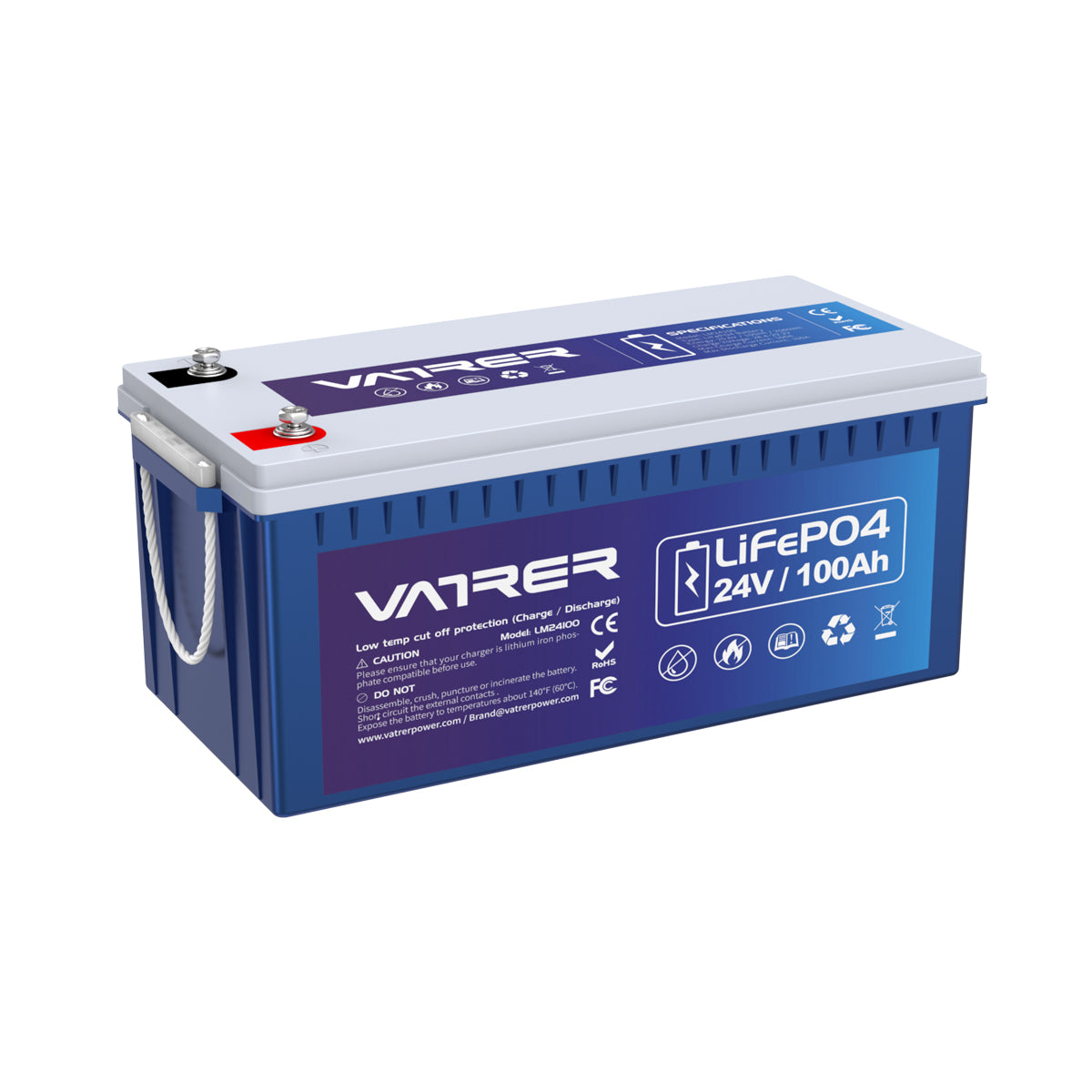



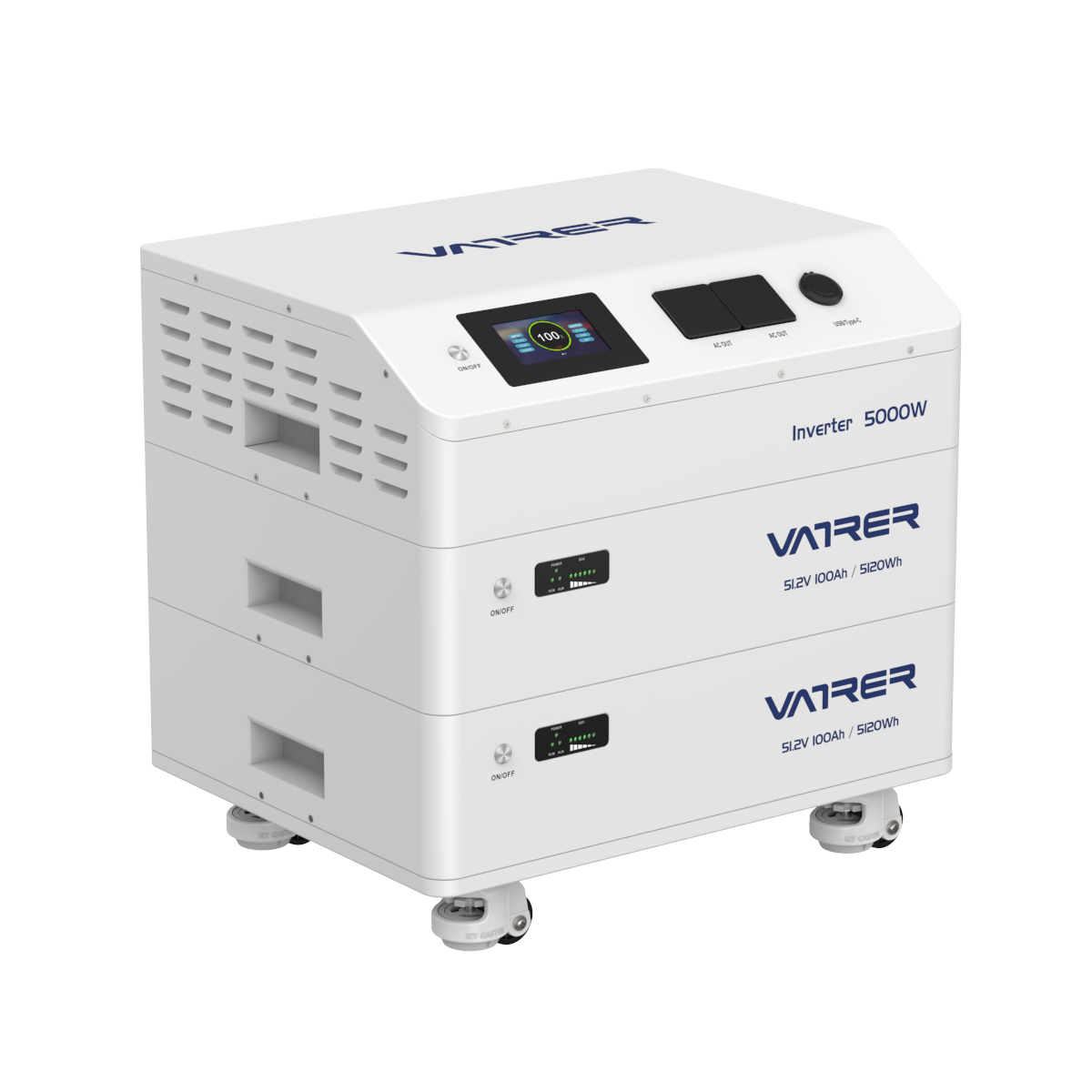

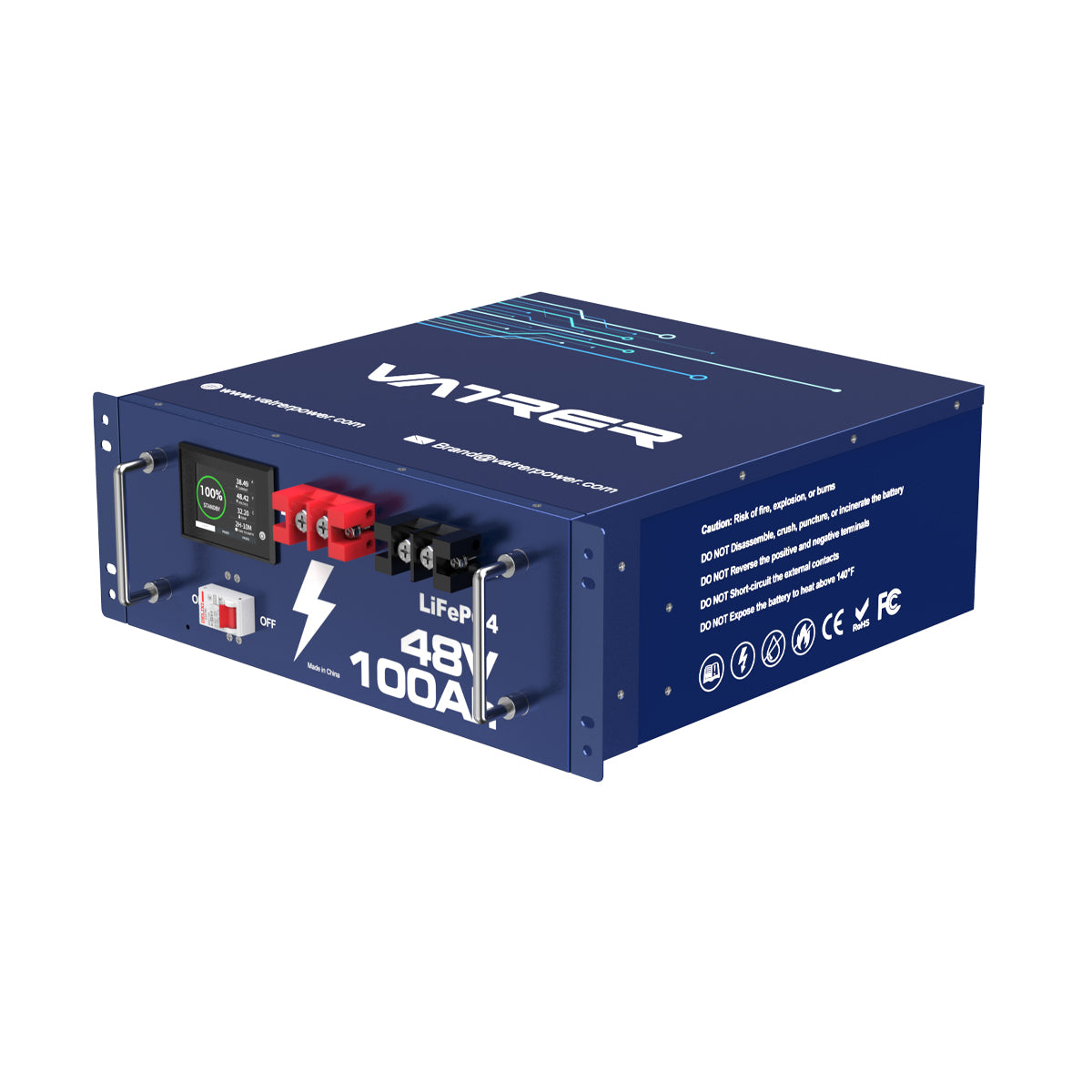
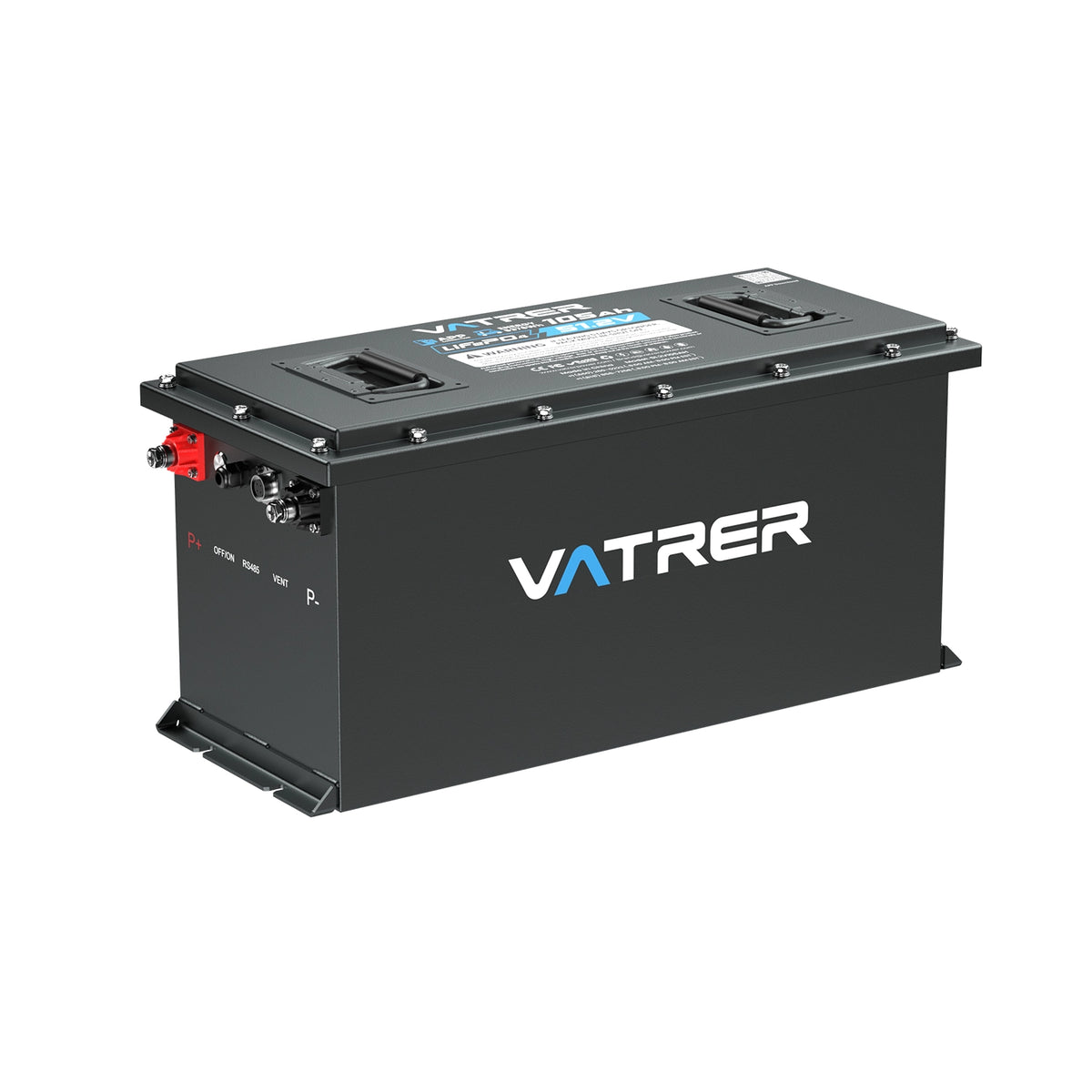
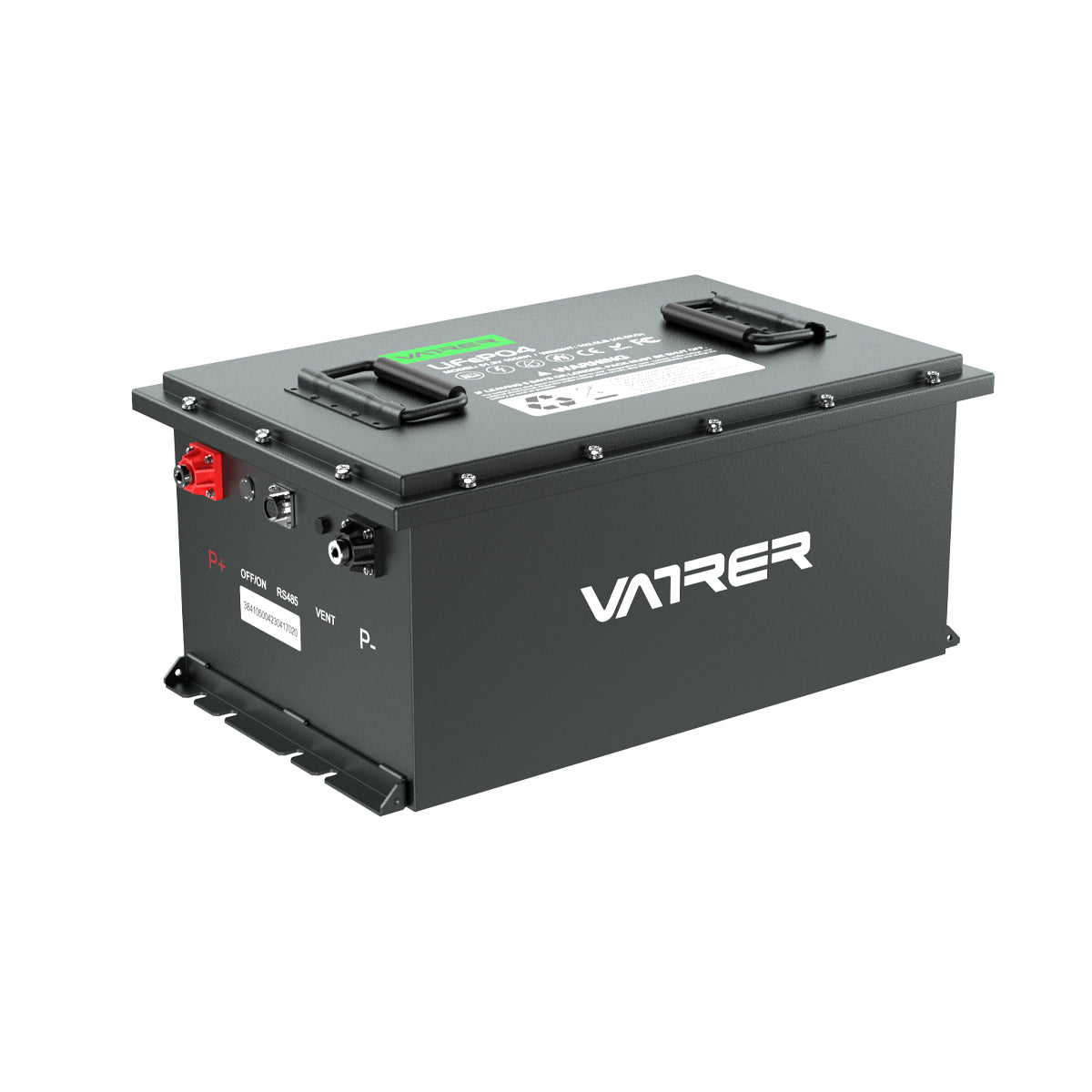



1 comment
Walter Vollmer
Ich habe einen Laderegler von Morningstar TS-MPPT-45 an dem 2 Bleibatterien mit 200AH angeschlossen sind. Ich möchte jetzt auf Lifepo umsteigen . Was muss ich in den Einstellungen beim Tristar einstellen ? wenn ich 2 Lifepo mit 12V 200AH mit selbsterwärmung von Ihnen benutzen möchte.
An dem Tristar kann eingestellt werden Absorber Stage Spannung, Floatstage Spannung, Equalizestage Spannung, Absorbertime in Minuten, Equalizetime in Minuten, Equalize Interval in Tagen.
Geht das mit Ihren Batterien?
Danke im Vorraus
Walter Vollmer
Ich habe einen Laderegler von Morningstar TS-MPPT-45 an dem 2 Bleibatterien mit 200AH angeschlossen sind. Ich möchte jetzt auf Lifepo umsteigen . Was muss ich in den Einstellungen beim Tristar einstellen ? wenn ich 2 Lifepo mit 12V 200AH mit selbsterwärmung von Ihnen benutzen möchte.
An dem Tristar kann eingestellt werden Absorber Stage Spannung, Floatstage Spannung, Equalizestage Spannung, Absorbertime in Minuten, Equalizetime in Minuten, Equalize Interval in Tagen.
Geht das mit Ihren Batterien?
Danke im Vorraus
Walter Vollmer